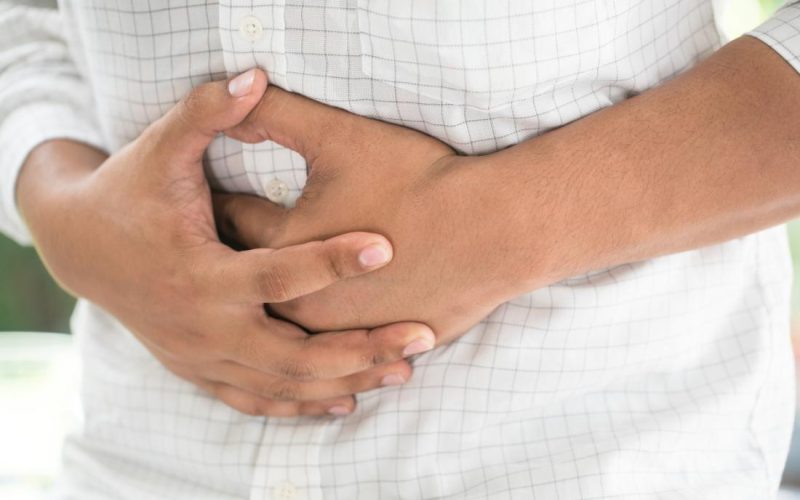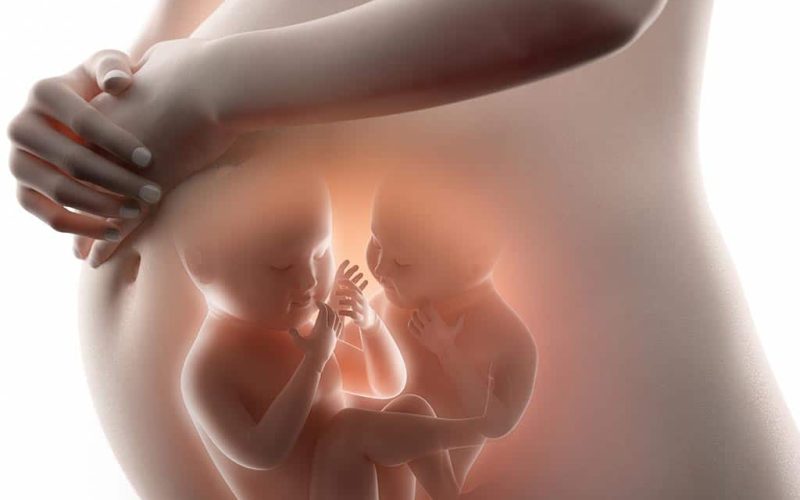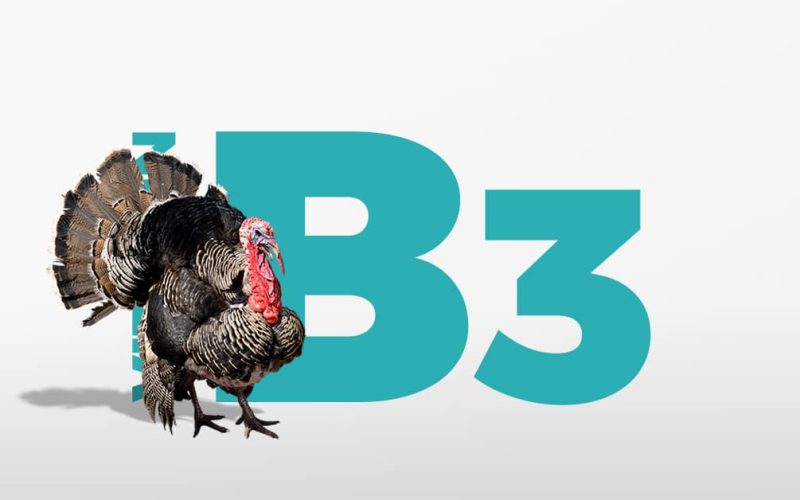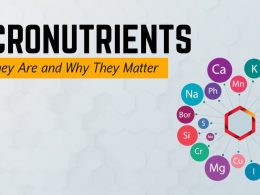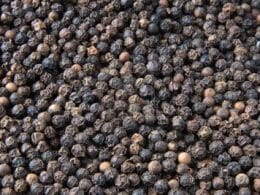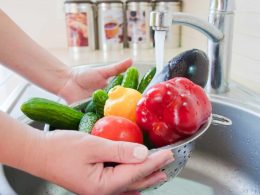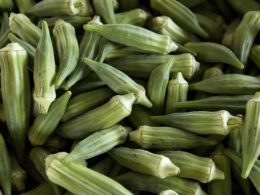What is gastroparesis? The condition where the stomach empties into the small intestine slower than usual is known as gastroparesis.
There is a diet for almost every condition these days, and it shouldn’t come as surprise to know that there is gastroparesis diet.
Gastroparesis may be caused by illnesses or a long-term disease, like diabetes or lupus. Symptoms of gastroparesis may be mild or very severe. These symptoms may manifest as heartburn, bloating, vomiting and nausea.
Having gastroparesis may be a temporary way of your body telling you that something is wrong, and sometimes it could be very chronic, and even a long-term condition.
There is also a possibility of gastroparesis occurring after undergoing a bariatric surgery or any other major medical treatment that is connected with digestion.
The amount of fiber and fats eaten, if one has gastroparesis, can significantly affect how severe the symptoms are. When you have gastroparesis, the amount of fats and fiber that you eat can greatly affect how intense your symptoms are.
Adjusting your diet is sometimes the first step of treatment suggested to people with gastroparesis.
Foods to eat on the Gastroparesis diet:
It is important for people with gastroparesis to focus their diet on small and less fatty foods, that are easy to digest.
This type of diet should also include protein-rich foods, like nut butter and eggs, and vegetables like zucchini that are easy to digest.
The easy it is for you to chew and swallow a food, the better it is to digest. These is a list of food suggestions that can help put gastroparesis in check;
- Peanut butter
- Eggs
- Fruit juice
- Bananas
- Bread
- Hot cereals
- Crackers
- Vegetables juice such as carrot, spinach, and kale
- Fruit purées
Foods to avoid on the Gastroparesis diet:
It is very vital that you need to be careful with the types of foods you eat if you have gastroparesis.
Also,foods that are high in fiber and saturated fat should only be taken in small portions. Here is list of things that can worsen your gastroparesis;
- Corn
- Alcohol
- Carbonated drinks
- Beans and legumes
- Seeds and nuts
- Heavy cream
- Cheese
- Broccoli and cauliflower
- Excess butter or oil
Gastroparesis diet
When you’re recovering, using gastroparesis diet, you might want to be on a multiphase diet that slowly reintroduces solid foods.
The Gastroparesis Patient Association for Cures and Treatments (G-PACT) explains the three phases of this diet plan in their diet guidelines.
The three gastroparesis diet phases include;
- Phase one: You’re restricted to mostly bullion broth soups, including blended vegetable juice.
- Phase two: Soups that have cheese, peanut butter may need to be on steady supply. It should also contain noodles and crackers.
- Phase three: You are allowed to eat most tender and soft protein source foods like fish and poultry.
Meat, especially during recovery, needs to be completely avoided. This include vegetables (high-fiber) as well. This is because it takes longer time to digest.
Gastroparesis diet tips
- People with gastroparesis need to be mindful of what they eat, how often they eat and in what order they eat. Eating five to eight times a day, but in smaller portions is recommended.
- Ensure to have your food properly chewed before swallowing it.
- First eat nutritious foods so there is enough room before getting full from eating foods that won’t fuel your body.
- During recovery from gastroparesis, it is important that you supplement your diet with multivitamins. This is to help you get all the needed nutrients.
- You would have to avoid taking alcohol if you have symptoms of gastroparesis. This is because alcohol not only saps your body of required nutrients, it can also cause you dehydrate or further constipate you.
- You would also need to have a target of at least 1,500 calories per day, if weight loss is part of your gastroparesis symptoms.
- Nutritious drinks like fruit and vegetable smoothies, liquid meal replacement shakes, protein shakes and yogurt smoothies can help significantly, since they are easy to digest.
- It is very vital that you maintain a steady amount of water intake to aid digestion and to ensure you don’t get dehydrated.
Gastroparesis diet recipes
Having gastroparesis might somehow make you feel like your food options is being limited, however, it doesn’t stop you from enjoying some tasty recipes.
- Green smoothies with peanut butter and peach bananas smoothies has a taste that would make you keep wanting more. It’s quite delicious and nutritious at the same time.
- Another recipe with savory option is the combination of mashed potatoes with garlic and vegetable soup. This has very small amount of fiber but is very tasty and good for when you are recovering.
Summary
Gastroparesis can either temporary or chronic. It is usually a symptom of other conditions, or idiopathic, meaning the cause of the condition is usually not known.
No matter the cause of the gastroparesis, or how long you’ve had it, eating in smaller portions, and minimizing your fat and fiber intake can aid digestion.
It is very important that you discuss with your doctor about the best gastroparesis diet plan that best suit you.
Have you treated gastroparesis before? How did you go about it? Share your experiences with us in the comments below.



